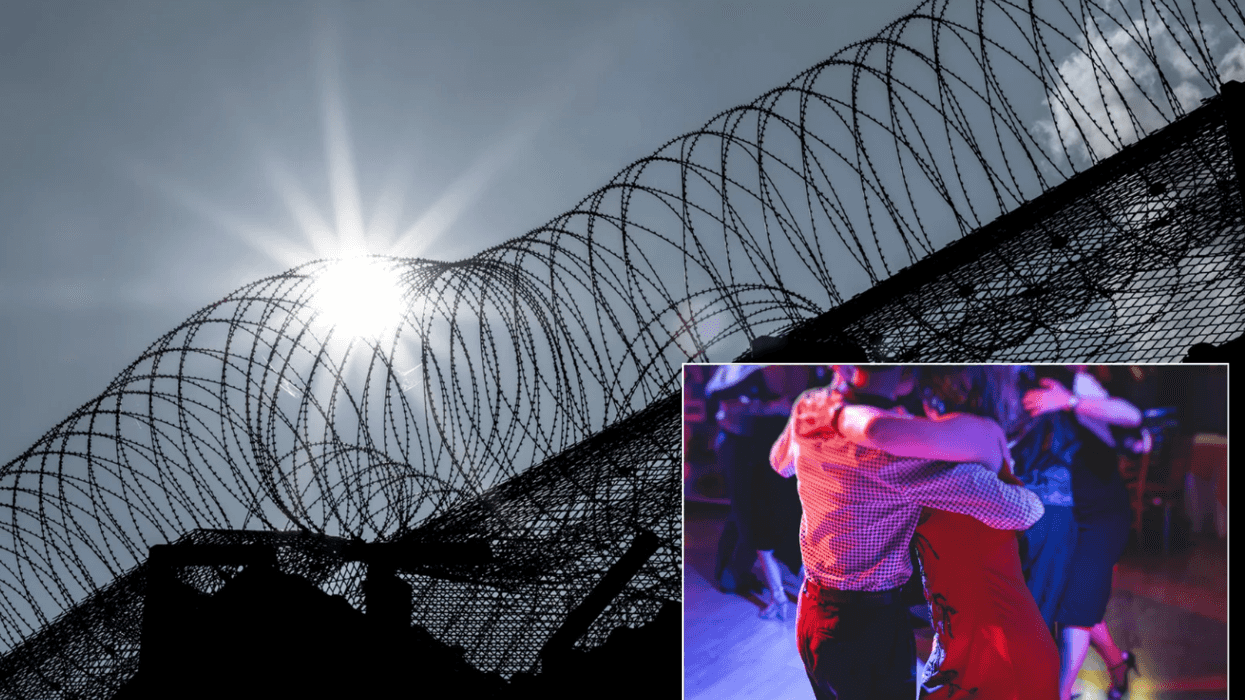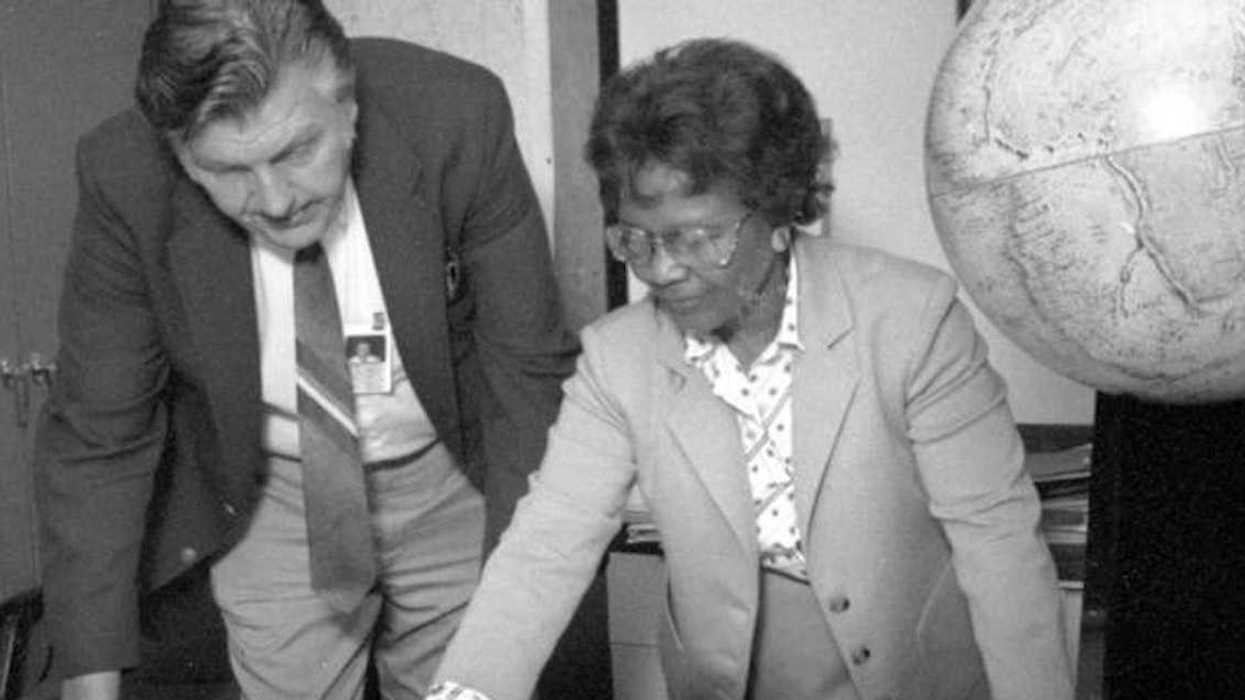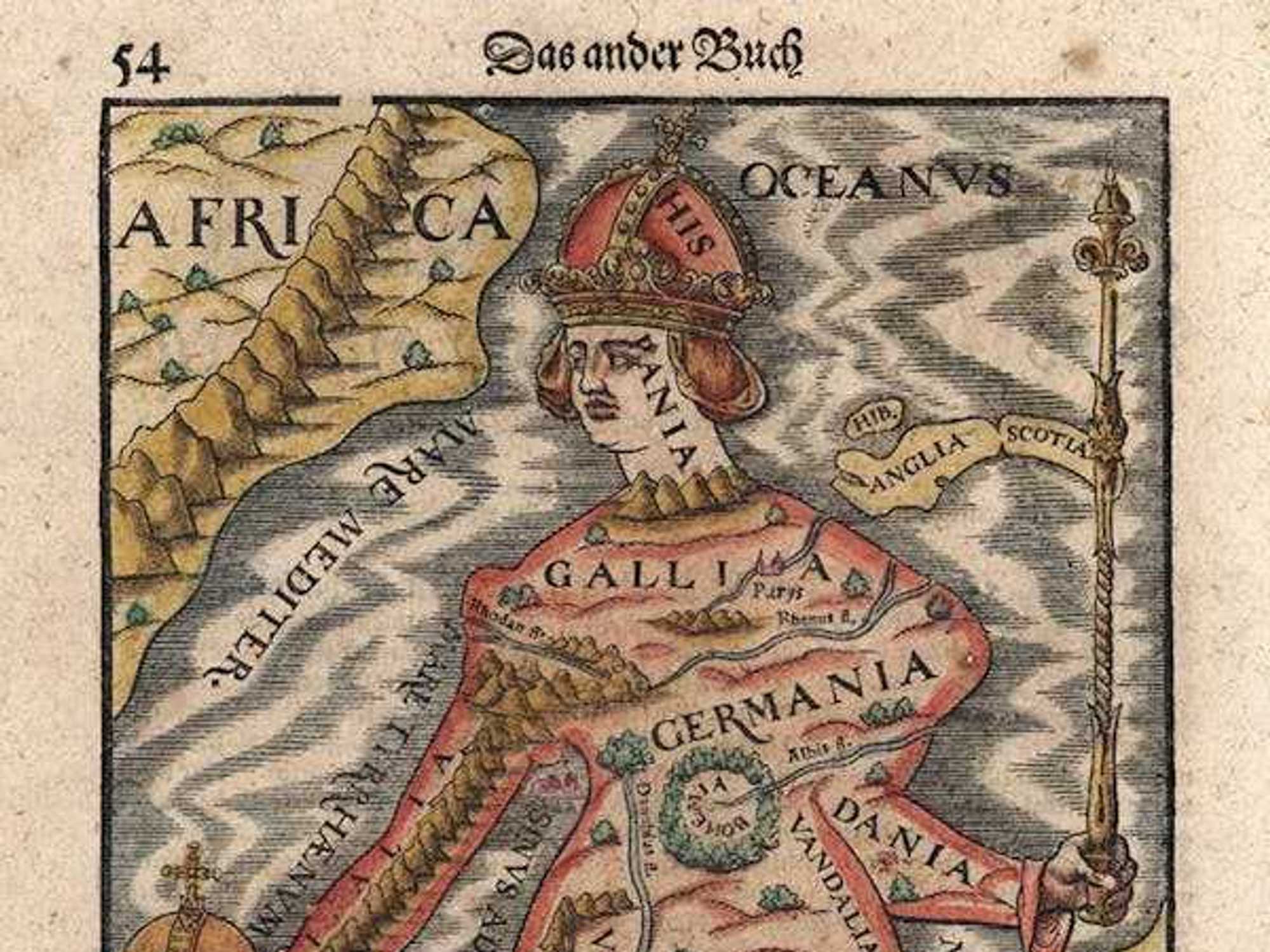In many ways, 2010 was a year of the ugly, unproductive discussion. Fiery Tea Partiers repeatedly (and wrongly) called the president a Marxist, Glenn Beck blubbered uncontrollably on a weekly basis on Fox News, and, most recently, a Democratic member of Congress was overheard saying to his colleagues, "Fuck the president."
We here at GOOD like to get behind civil discourse in its many varied forms, especially after a year such as this. That's why, for 2011, we're recommending the Chinese hate poem to get any bile across.
For an example of what we mean, click through this photo gallery, which contains two poems from the University of Arizona's historical documents library. Originally sent to José María Arana, a prominent businessman who fought to expel Chinese immigrants from the Mexican state of Sonora in the 1920s, the poems utilize one of China's many ancient cultural traditions—elegant verse—in order to scold Arana for his bigotry, and in his own language, no less.
According to Don Price, professor of Chinese history at the University of California, Davis, expressing contempt via poetry is as rooted in the Chinese culture as poetry itself. "There was a tradition of folk poetry—of a kind to be chanted while clacking Chinese castanets—that could be pretty derisive," he says, "But, as far as I know, it wasn't sent to the target of the abuse, but recited in the market or teashops. Even so, to resort to doggerel as a kind of weapon does have a background in the folk culture."
Simultaneously beautiful and brutal, the hate poems sent to Arana—despite being more direct than a chant in a village market—are exactly the opposite of what passed for debate in 2010, a year when the Tea Party leader Mark Williams said that the NAACP belongs on "the trash heap of history." In 2011, when life gets you down, try drafting your own hate poem before lashing out in another form. Whether or not you send it is up to you, but it will at least allow you to express your rage while concurrently creating something sublime.



















 Obsessive-compulsive disorder, OCDPhoto credit
Obsessive-compulsive disorder, OCDPhoto credit 
 Oral Wegovy pills were approved by the Food and Drug Administration in December 2025 and became available for purchase in the U.S. in January 2026.
Oral Wegovy pills were approved by the Food and Drug Administration in December 2025 and became available for purchase in the U.S. in January 2026. Despite the effectiveness of GLP-1 drugs for weight loss, there is still no replacement for healthy lifestyle patterns, including regular exercise.
Despite the effectiveness of GLP-1 drugs for weight loss, there is still no replacement for healthy lifestyle patterns, including regular exercise.


 Europa Regina (1570).
Europa Regina (1570). The ‘Military Mapping Maidens’ created tens of thousands of maps during World War II.
The ‘Military Mapping Maidens’ created tens of thousands of maps during World War II.